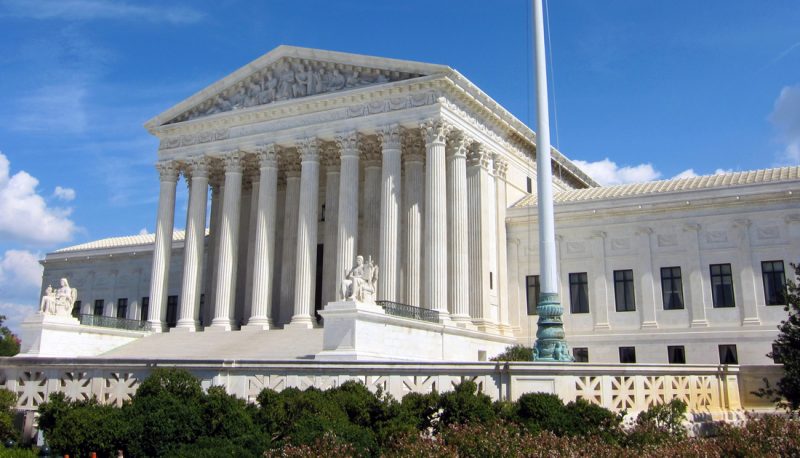“Confirmed Judges, Confirmed Fears” is a blog series documenting the harmful impact of President Trump’s judges on Americans’ rights and liberties. Cases in the series can be found by issue and by judge at this link.
Trump DC Circuit Judge Neomi Rao argued in dissent that it was legal for a large auto dealership to fire or lay off two employees who each had worked there for more than 20 years as a form of retaliation against unionizing the workplace. The majority rejected Rao’s view and upheld the decision of the National Labor Relations Board (NLRB) to sanction the employer in its October 2020 decision in Napoleon 1050, Inc. v. NLRB.
David Geisler and Bill Russell had each worked for more than 20 years at a large auto dealership in Illinois that is now known as Napoleon Cadillac of Libertyville. While Russell was on medical leave but still checking in with his employer, workers at the dealership began the process of unionizing. Management actively opposed unionization and unsuccessfully pressured their employees to vote no. Shortly after the unionization vote, Napoleon Cadillac fired Russell and laid off Geisler, both of whom had supported unionization. Charges of unfair labor practices against Napoleon Cadillac followed, and the NLRB found that the company had violated federal labor law by, among other things, terminating Russell and Geisler. Napoleon Cadillac sought review from the DC Circuit.
Writing for the majority, Judge Patricia Millett affirmed the NLRB decision. She rejected Napoleon Cadillac’s primary defense, which was that it did not act against Geisler and Russell for their individual pro-union activity, but instead was “intentionally punishing the entire workforce (including these two employees) for the vote to unionize.” Even if true, Millett explained, Napoleon Cadillac’s actions were illegal because they reflected a “discriminatory intent to punish its employees” for unionizing. “Intentional discrimination” because of union activity “remains discrimination” that is prohibited by federal law, Millett went on, “even when it takes the form of scapegoating” several individual employees.
Trump Judge Rao dissented. She claimed that the NLRB was wrong because it did not find specifically that Napoleon Cadillac was aware of particular pro-union activities by the two terminated employees. She maintained that the NLRB decision was improperly based “only on animus by the employer” against the union and not on knowledge of union activity.
Judge Millett explained what was wrong with Rao’s view. Prior precedent has made clear, Millett explained, that an employer need not have specific knowledge of particular pro-union activity by fired employees, as long as there is evidence of general knowledge of union activity and that adverse actions are “substantially motivated” by the employer’s “intent to punish and discourage” such union activity. There was “compelling record evidence” to support those conclusions here, Millett went on, including evidence that Napoleon Cadillac terminated two well-known and long-standing employees “as a means of deliberate retribution against the workforce’s decision to unionize.” The NLRB “nowhere adopted,” Judge Millett noted, the “knowledge-less general retaliation standard that the dissenting opinion fears.”
Trump judge Rao’s view would have made it easier for employers to discriminate against union activity by requiring specific findings of company knowledge of individual employees’ pro-union activity. Fortunately, the DC Circuit rejected Rao’s argument and upheld the NLRB’s finding of improper termination of two employees to retaliate against union organizing in this case.
Note: The initial draft of this post was prepared by PFAW legal intern Oliver Telusma.

